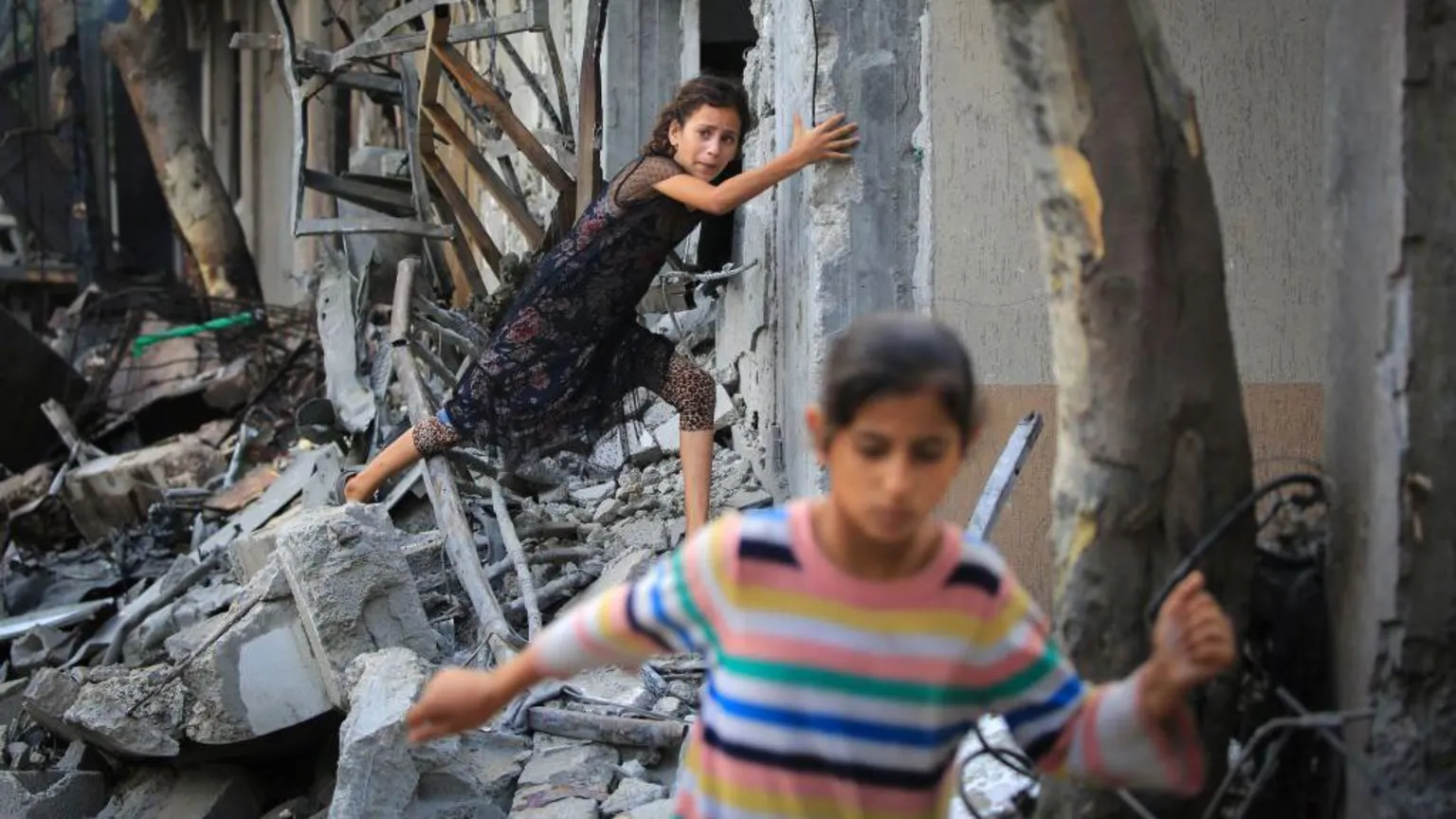
The United Nations Security Council has voted to support a US resolution endorsing an immediate ceasefire plan for the war in Gaza, marking a significant step towards de-escalation in the region. The plan, aimed at ending the hostilities that have resulted in severe loss of life and widespread destruction, includes several key provisions: a "full and complete ceasefire," the release of hostages held by Hamas, the return of dead hostages' remains, and the exchange of Palestinian prisoners.
The resolution received overwhelming support from the Council, with 14 out of 15 members voting in favor. Russia abstained, raising concerns over the clarity of the deal and questioning whether Israel had genuinely accepted the plan to end its military operations in Gaza, as stated in the resolution. Despite these reservations, the international community, including the G7 group of the world's richest nations, has largely backed the three-part plan unveiled by President Joe Biden on May 31.
The US-drafted resolution comes in the wake of a particularly devastating incident: an Israeli attack on a residential apartment in Gaza City that killed at least eight people, most of them children, and injured several others. This attack underscored the urgent need for a ceasefire and added momentum to the diplomatic efforts led by the United States.
Hamas has indicated its willingness to engage in indirect negotiations to implement the principles of the resolution, provided they align with the demands of the Palestinian people and their resistance. The group's political leadership in Doha has yet to formally respond to the proposal, but a statement welcoming the Security Council resolution suggests a cautious openness to dialogue.
Conversely, Israel’s representative to the UN emphasized that the country would not participate in "meaningless and endless negotiations" that could be exploited by Hamas. This stance reflects a broader tension within Israel's government, where some far-right ministers oppose the ceasefire plan. Prime Minister Benjamin Netanyahu has not explicitly endorsed the US proposal, and the resignation of former general Benny Gantz from the war cabinet has further highlighted the internal divisions.
The conflict, which erupted on October 7th, has led to catastrophic humanitarian consequences. The Palestinian Health Ministry reports that at least 37,124 people have been killed and 84,712 wounded in Gaza due to Israeli military actions. Meanwhile, Israel has reported 1,139 deaths from Hamas's attacks, with dozens of Israelis still held captive in Gaza.

Israel has been occupying Palestinian territories since the Six-Day War in 1967. This includes the West Bank, East Jerusalem, and the Gaza Strip. Therefore, as of 2024, Israel has occupied these territories for 57 years.
The US resolution outlines a phased approach to achieving lasting peace. The first phase involves a hostage-prisoner swap and a short-term ceasefire. The second phase aims for a "permanent end to hostilities" and a full withdrawal of Israeli forces from Gaza. The final phase focuses on Gaza's long-term reconstruction, addressing the extensive damage inflicted during the conflict.
US Secretary of State Antony Blinken has been actively engaged in building support for the ceasefire deal, meeting with foreign leaders, including Netanyahu. Blinken has stressed the importance of pressing Hamas to agree to the ceasefire, emphasizing that a halt to the violence is crucial for any meaningful negotiations to take place.
The resolution has been met with mixed reactions. US Ambassador to the UN Linda Thomas-Greenfield hailed the vote as a step towards peace, while UK Ambassador Barbara Woodward described the situation in Gaza as catastrophic and called for a move towards lasting peace. On the other hand, Russia and China expressed skepticism, questioning the efficacy of the resolution given past failures to implement similar measures.
Despite these challenges, the Security Council's endorsement of the ceasefire plan represents a critical opportunity to address the ongoing humanitarian crisis in Gaza and move towards a sustainable and just resolution to the conflict. The success of this initiative will largely depend on the willingness of both parties to engage in good faith negotiations and the support of the international community in facilitating this process.











